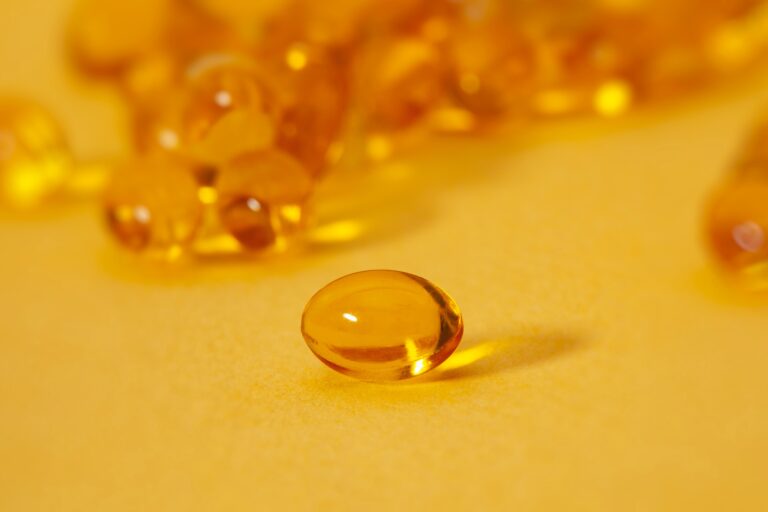Many of us are familiar with the benefits vitamin D has to offer. But did you know that there are two types of D vitamins you can take? That’s right, you can take either vitamin D or vitamin D3.
So what’s the difference and which one is better for you? Read on to find out.
What is Vitamin D?
Vitamin D is a fat-soluble vitamin that helps the body absorb and retain phosphorus and calcium which are essential to bone health. It has also been shown to reduce cancer growth, control infections and reduce inflammation. It may boost immunity and improve mood and cognitive function.
The vitamin is not found in many food sources, however, some foods are fortified with vitamin D. It may also be obtained from sunlight, but it’s important to limit exposure to the sun. The best way to obtain vitamin D may be by taking a supplement.
What is the Difference Between Vitamin D and Vitamin D3?
Vitamin D and vitamin D3 both offer the same benefits. The differences comes into play in how the vitamin is sourced. Here are a few to be aware of.
- Vitamin D3 is the type of vitamin D produced by the body when it interacts with sunlight. Regular vitamin D cannot be produced by the body and can only be attained through supplements and food.
- Vitamin D3 is sourced from animal products like egg yolks, fatty fish, and liver oil. Regular vitamin D is sourced from plant products, and is especially rich in plants that have been exposed to ultraviolet light.
- Regular vitamin D is less expensive to produce than D3. Therefore, its more commonly found in fortified foods.
Vitamin D and Vitamin D3 Similarities
Vitamins D and D3 have their share of similarities as follows:
- Both vitamins pass through the liver and kidneys after being ingested and turn into an active, usable form of vitamin D.
- Both vitamin D and D3 are available in over-the-counter form. However, only regular vitamin D can be found in prescription forms that offer maximum doses.
Which Type of Vitamin D is Better?
Recent studies show that neither form of vitamin D is better than the other. They both offer their share of benefits. However, it is important that you get the right amount of vitamin D in your diet. Most experts recommend that you get between 600 and 800 IUs of vitamin D per day.
Vitamin D is a beneficial supplement and a necessary part of any diet. Knowing the difference between regular vitamin D and D3 will help you identify which you are consuming, but you can’t go wrong with either one. Which will you be including in your routine?

